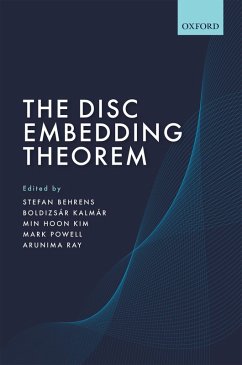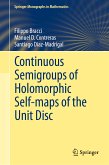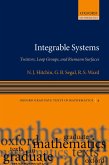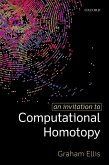Based on Fields medal winning work of Michael Freedman, this book explores the disc embedding theorem for 4-dimensional manifolds. This theorem underpins virtually all our understanding of topological 4-manifolds. Most famously, this includes the 4-dimensional Poincaré conjecture in the topological category. The Disc Embedding Theorem contains the first thorough and approachable exposition of Freedman's proof of the disc embedding theorem, with many new details. A self-contained account of decomposition space theory, a beautiful but outmoded branch of topology that produces non-differentiable homeomorphisms between manifolds, is provided, as well as a stand-alone interlude that explains the disc embedding theorem's key role in all known homeomorphism classifications of 4-manifolds via surgery theory and the s-cobordism theorem. Additionally, the ramifications of the disc embedding theorem within the study of topological 4-manifolds, for example Frank Quinn's development of fundamental tools like transversality are broadly described. The book is written for mathematicians, within the subfield of topology, specifically interested in the study of 4-dimensional spaces, and includes numerous professionally rendered figures.
Dieser Download kann aus rechtlichen Gründen nur mit Rechnungsadresse in A, B, BG, CY, CZ, D, DK, EW, E, FIN, F, GR, HR, H, IRL, I, LT, L, LR, M, NL, PL, P, R, S, SLO, SK ausgeliefert werden.









